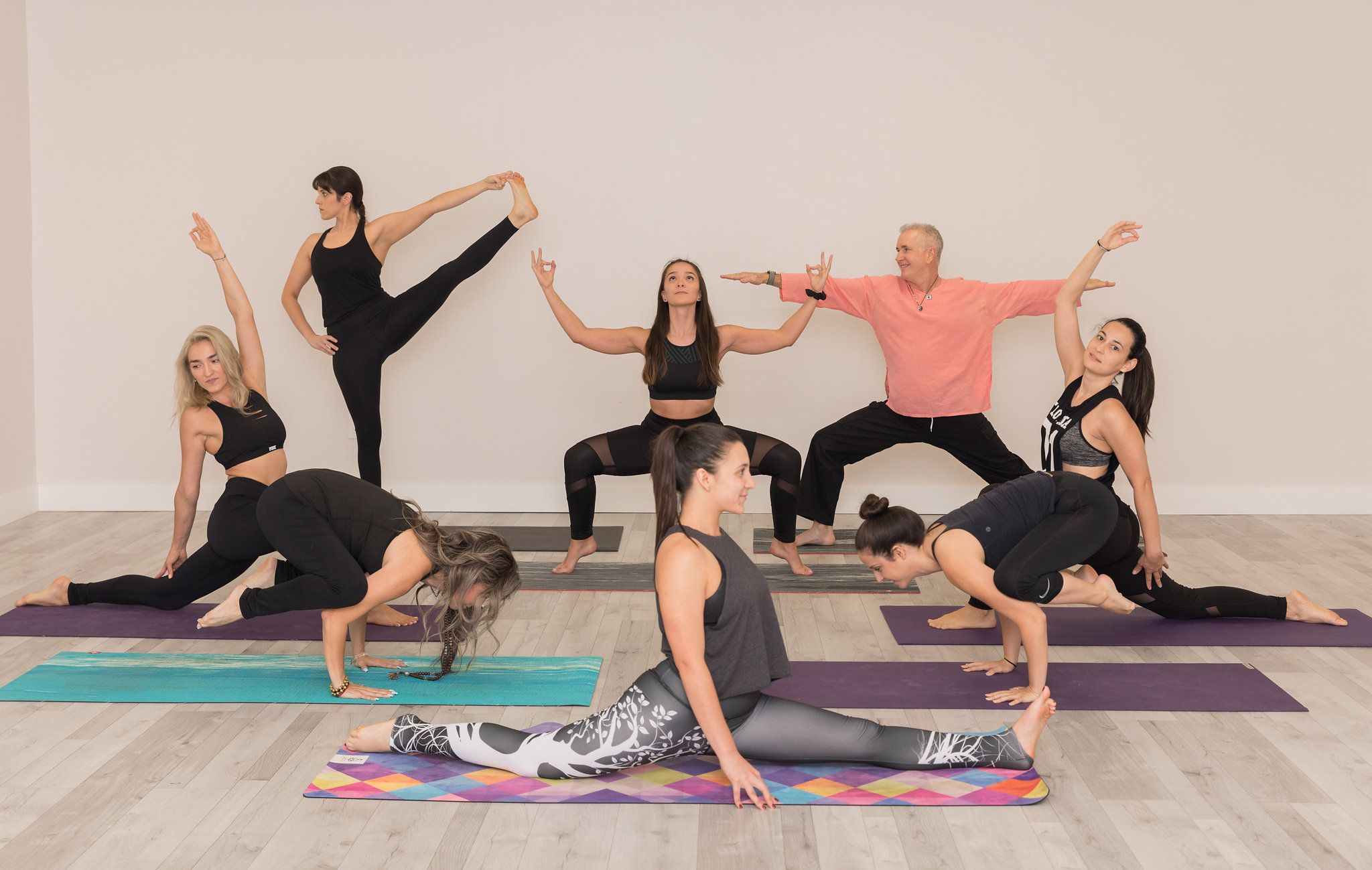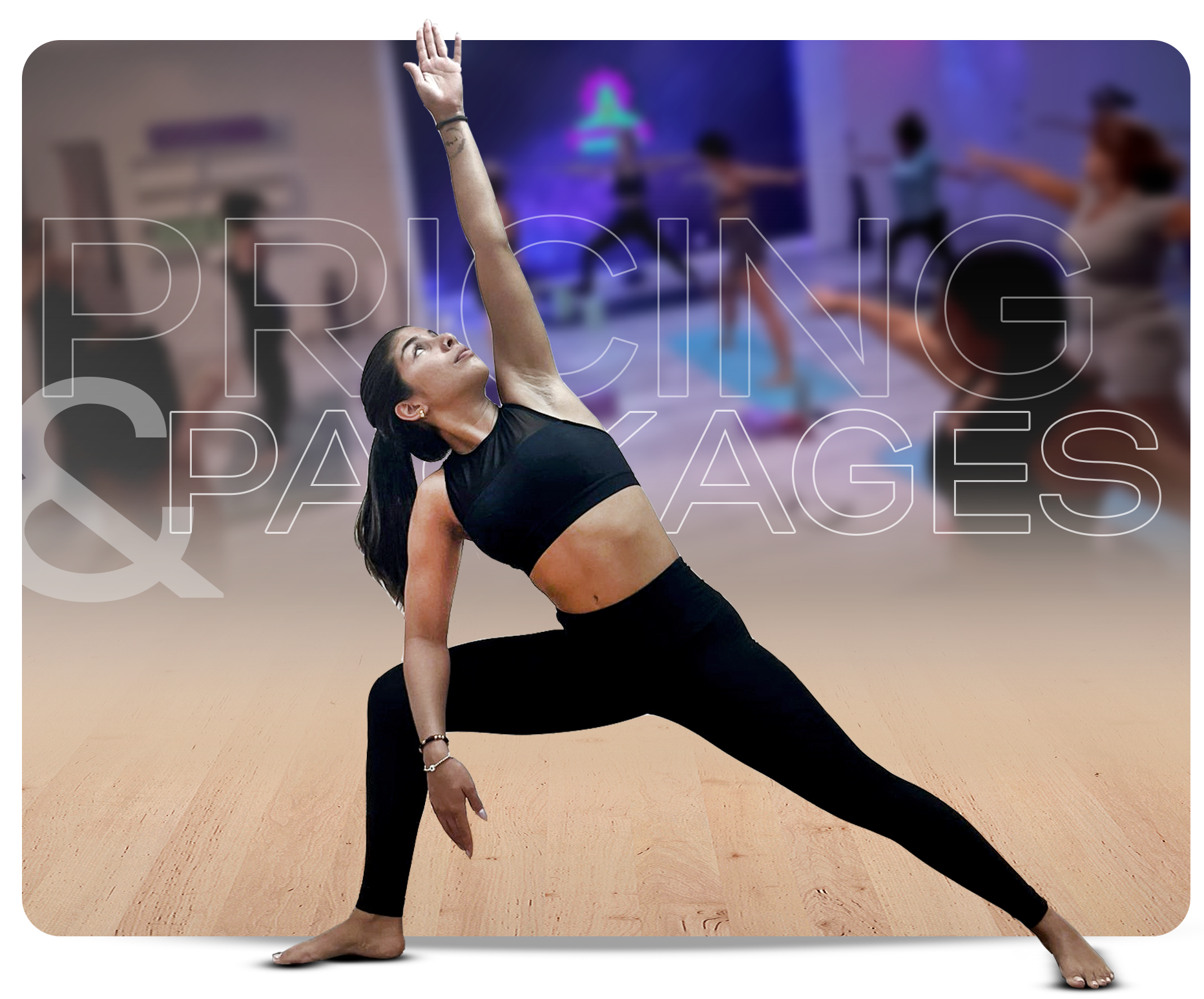WEEK 35.2 (AUGUST 30 – SEPT 5) – THE LION THAT GREW UP A SHEEP
Option 1
The Lion that grew up a sheep
A lioness, huge with an unborn baby lion in her body, was growing weak from lack of food. Roaring with sadness and hunger, and heavy with the baby lion, the lioness fell asleep at the edge of the forest near a pasture. She woke up to the sounds of a flock of sheep grazing nearby.
Forgetting the heavy baby lion in her body, and impelled by the madness of hunger, the lioness pounced on one of the young lambs and took it into the depths of the forest. The lioness did not realize that during the exertion of her mad leap at the lamb she had given birth to the baby lion.
The flock of sheep were so paralyzed with fear by the attack of the lioness that they couldn’t run away. When the lioness had departed and the panic was over, to their great astonishment, they discovered the helpless baby lion crooning in their midst. One of the mother sheep took pity on the baby lion and adopted it as her own.
The young lion grew up amidst the flock of sheep behaving exactly like a sheep. The sheep-lion bleated instead of roaring and ate grass instead of meat. This vegetarian lion acted exactly like a weak, meek lamb.
One day, another lion strolled out of the nearby forest onto the green pasture, and to his great delight beheld this flock of sheep. Thrilled with joy and whipped by hunger, the great lion pursued the fleeing flock of sheep, when, with amazement, he saw a huge lion, with tail high up in the air, fleeing at top speed ahead of the sheep. Ignoring his hunger, he raced hard and pounced upon the escaping lion. The sheep-lion fainted with fear. The big lion was puzzled more than ever, and slapped the sheep-lion out of his swoon. In a deep voice he rebuked, “What’s the matter with you?! Why do you, my brother, flee from me?”
The sheep-lion closed his eyes and bleated out in sheep language, “Please let me go. Don’t kill me. I’m just a sheep brought up with yonder flock.” He caught the sheep-lion by the mane with his mighty jaws and dragged him toward a lake at the end of the pasture. When the big lion reached the shore of the lake, he pushed the sheep-lion’s head so that it was reflected in the water.
The big lion gave the sheep-lion a terrible shake. The sheep-lion opened his eyes, and was astonished to find that the reflection of his head was not, as he expected, a sheep’s head but a lion’s head, like that of the lion who was shaking him with his paw. Then the big lion said, “Look at my face and your face reflected in the water. They are the same. My face roars. Now! You must roar instead of bleating!”
The sheep-lion, convinced, tried to roar, but could only produce bleat-mingled roars. As the older lion continued to exhort him with slapping paws, the sheep-lion at last succeeded in roaring. Then both lions bounded across the pasture, entered the forest, and returned to the den of lions.
The story is a great metaphor for all us who bleat with fear and spend their entire lives in fears- fears of failure, fears of losing a relationship, fears of virtually anything. You could either live in fear or live with sheer confidence. Either way, you will live but with massive difference in your quality of life. You can live crouched in insecurities or you can live with dazzling self confidence that can move mountains. But don’t be in a mask worrying about your future. Don’t be a lion with a sheep’s soul. That’s a waste for both. Not realizing your full potential is like the worst thing you can do to your life (& regret when you get old)! Why would you choose such a life for yourself? Go and express yourself fully. Be a Tiger. Go Roar !
Awareness
The veil of illusion, or maya, that has been keeping you from perceiving reality as it is, is starting to burn away. The fire is not the heated fire of passion, but the cool flame of awareness. As it burns the veil, the face of a very delicate and childlike buddha becomes visible.
Option 2
“Suzuki Roshi (Sōtō Zen monk and teacher who helped popularize Zen Buddhism in the United States) I’ve been listening to your lectures for years,” a student said during the question and answer time following a lecture, “but I just don’t understand. Could you just please put it in a nutshell? Can you reduce Buddhism to one phrase?”
Everyone laughed. Suzuki laughed.
“Everything changes,” he said. Then he asked for another question.
Explanation: One of the foremost teachings in Buddhism is that everything in life is impermanent. Suzuki Roshi (Shunryu Suzuki of Zen Mind, Beginner’s Mind) is referring to this impermanence by saying “everything changes”. This is a very deep teaching, but I’ll attempt to sum it up in a way that can be understood and immediately helpful in a few words.
Because it encompasses everything, you can contemplate for hours on end and not realize the full magnitude of the principle of impermanence. You are impermanent, your loved ones are impermanent, your home is impermanent, even our planet is impermanent.
Why is this important? Because it teaches us that grasping onto things is one of the major reasons as to why we suffer. We need to live being aware of the ever-changing nature of reality and appreciate the present moment. It’s not about letting go, it’s really about not grasping in the first place. If we can learn to live in this way, we can find peace in everyday life.
I am attracting better because I have discovered that it all starts with me. I am going to change myself first so that everything can align for me. I’m not going to blame anyone. I am going to take responsibility for my life. The better I become, the better I attract.
You become a master of your life when you learn how to control where your attention goes. Value what you give your energy to.
“The yoga pose you avoid the most is often the one you need the most.”
“Yoga is not about self-improvement, it is about self-acceptance.” – Gurmukh Kaur Khalsa
Mastery of yoga is really measured by how it influences our day-to-day living, how it enhances our relationships, how it promotes clarity and peace of mind. T.K.V. Desikachar
“He who overcomes others is strong, but he who overcomes himself is mighty.” —Tao Te Ching
“Yoga is the journey of the self, through the self, to the self.”– The Bhagavad Gita
Teachers unlock the door, but you must enter by yourself.
“A day of worry is more exhausting than a day of work.”– John Lubbock
“Worry never robs tomorrow of its sorrow, it only saps today of its joy.”– Leo F. Buscagli
“Worry often gives a small thing a big shadow.”– Swedish Proverb
”People become attached to their burdens sometimes more than the burdens are attached to them.” – George Bernard Shaw
“That the birds of worry and care fly over your head, this you cannot change, but that they build nests in your hair, this you can prevent.”– Chinese Proverb
“Whatever is going to happen will happen, whether we worry or not.” – Ana Monnar
“I learned that courage was not the absence of fear, but the triumph over it. The brave man is not he who does not feel afraid, but he who conquers that fear.”- Nelson Mandela
“Life shrinks or expands in proportion to one’s courage.” -Anais Nin
“Fear defeats more people than any other one thing in the world. Do the thing we fear, and death of fear is certain.” —Ralph Waldo Emerson
“Who sees all beings in his own self, and his own self in all beings, loses all fear.” — Isa Upanishad, Hindu Scripture
“We are more often frightened than hurt; and we suffer more from imagination than from reality.”- Seneca
“People are lonely because they build walls instead of bridges.” Rumi said, “Why do we spend so much effort opening the door between us, when the wall itself is an illusion.”
“The best mirror is your yoga mat.” – David Scott
“One of the most beautiful qualities of true friendship is to understand and to be understood.”
“Walking with a friend in the dark is better than walking alone in the light.” -Helen Keller
“Life is short. Spend it with people who allow you to see the world differently; that make you laugh and feel loved.” David Scott
Every day may not be good, but there is something good in every day.
Be happy, not because everything is good, but because you can see the good in everything.
“Today I choose to take back my power on a mental, physical, and emotional level. All things I give my attention and life force to, will be purposeful and elevating. I choose to get better. I choose to evolve. I choose to let go. It’s a new day to recreate myself.” – Idil Ahmed
No rain. No flowers. When it rains look for rainbows. When it’s dark look for stars.
“Everything you’ve ever wanted is on the other side of fear.”
“You cannot worry and live at the same time. Worrying is very taxing on the nervous system and is exhausting for the soul. Worsenizing is a misuse of our imagination and gives power to small things, magnifying them and making them look larger, with tall shaddows and more sinister than they actually are.” – David Scott
“To the heart in you, don’t be afraid to feel. To the sun in you, don’t be afraid to shine. To the love in you, don’t be afraid to heal. To the ocean in you, don’t be afraid to rage. To the silence in you, don’t be afraid to break.” ~Najwa Zebian
“Life is a series of natural and spontaneous changes. Don’t resist them—that only creates sorrow. Let reality be reality. Let things flow naturally forward in whatever way they like.” – Tao Te Ching
“Be content with what you have; rejoice in the way things are. When you realize there is nothing lacking, the whole world belongs to you.” —Tao Te Ching
Nan-in, a Japanese master during the Meiji era (1868-1912), received a university professor who came to inquire about Zen.
Nan-in served tea. He poured his visitor’s cup full, and then kept on pouring. The professor watched the overflow until he no longer could restrain himself. “It is overfull. No more will go in!”
“Like this cup,” Nan-in said, “you are full of your own opinions and speculations. How can I show you Zen unless you first empty your cup?”
“You are not accidental. Existence needs you. Without you something will be missing in existence and nobody could replace you. That’s what gives you dignity, that the whole existence will miss you. The stars and sun and moon, the trees and birds and earth – everything in the universe will feel a small place is vacant which cannot be filled by anybody except you. This gives you a tremendous joy, a fulfillment that you are related to existence, and existence cares for you. Once you are clean and clear, you can see tremendous love falling on you from all dimensions.” – Osho
In this song of Hakuin you will see the way of seeing – how to open the eyes. Because truth is always there, has been always there. It is not that the truth has to be produced. Buddha says:
“It is! It is already there, it is confronting you! It is in the east, it is in the west, it is in the north, it is in the south. It surrounds you – it is without and it is within. But you will have to see it: Your eyes are closed, you have forgotten how to open them. Meditation is nothing but the art of opening your eyes. The art of cleansing your eyes. the art of dropping the dust that has gathered on the mirror of your consciousness. It is natural, dust gathers. Man has been traveling and traveling for thousands of lives – dust gathers. We are all travelers, much dust has gathered – so much so that the mirror has completely disappeared.
There is only dust upon dust, layers and layers of dust, and you cannot see the mirror. But the mirror is still there – it cannot be lost, because it is your very nature. If it can be lost then it will not be your nature. It is not that you have a mirror: you ARE the mirror. The traveler is the mirror – he cannot lose it, he can only forget it. At the most, forgetfulness. You have not lost your Buddhahood. Buddha hood means the mirror clean of dust. The mirror again fresh, again reflecting, again functioning – that’s what Buddhahood is. Buddha hood means a consciousness which has become awakened. The sleep is no more and the dreams are no more and the desires have disappeared. The dust gathers, it is natural. But you cling to the dust – your desire functions like a glue” – The Buddha


